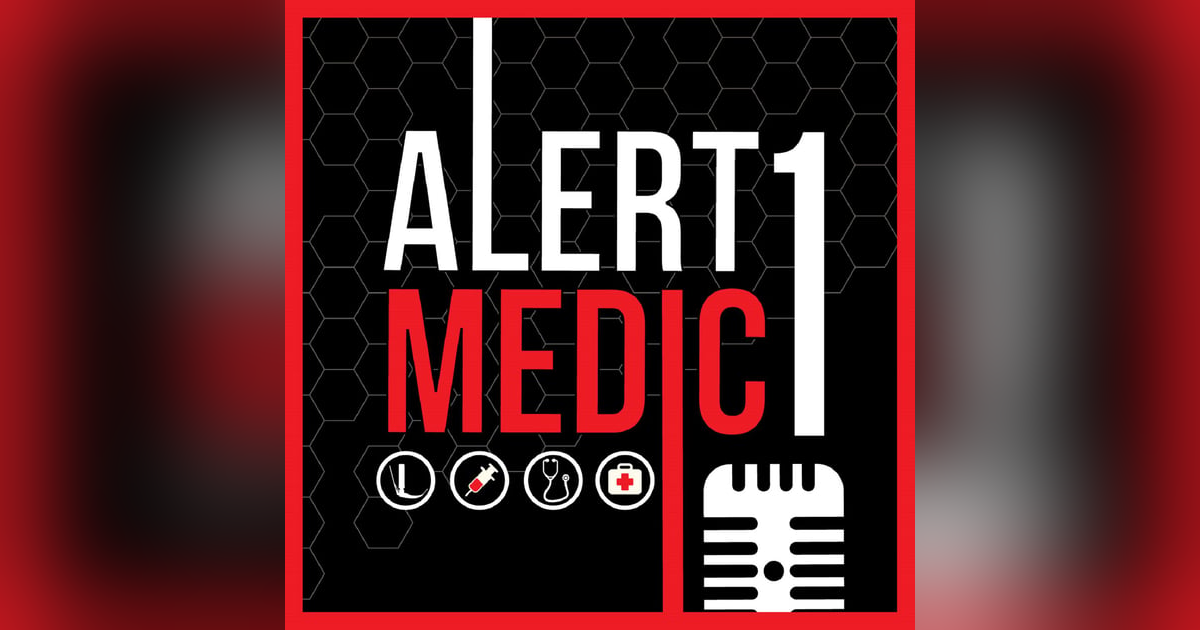Stroke 101 with Lindsay Goff, RN and Kenny Barajas, DNP

Summary
This conversation delves into the critical role of EMS in stroke care, highlighting the importance of timely assessment and treatment. Experts Kenny Barajas and Lindsay Goff discuss the definitions, types, and symptoms of strokes, emphasizing the need for EMS providers to recognize and act swiftly. They explore the impact of stroke on patients and their families, the differences between ischemic and hemorrhagic strokes, and the protocols for EMS management. The discussion also addresses the importance of communication with hospital partners and the need for ongoing education in stroke awareness and care.
Takeaways
Stroke is a disruption in blood flow to the brain.
The BFAST algorithm is crucial for identifying stroke symptoms.
Approximately one-third of stroke patients die within a year.
Ischemic strokes account for 88% of all strokes.
Hypertension and diabetes are significant risk factors for stroke.
Every 40 seconds, someone in the US has a stroke.
Time is critical; every minute counts in stroke treatment.
Patients can have both vertigo and a stroke simultaneously.
EMS providers must advocate for their patients effectively.
Education and training are essential for EMS providers in stroke care.
Titles
The Critical Role of EMS in Stroke Care
The Impact of Stroke on Patients and Families
Sound Bites
"Stroke is the number one cause of long-term disability."
"Every 40 seconds, someone in the US has a stroke."
"Time is brain; the sooner we get treatment, the better."
Chapters
00:00
Introduction to Stroke Care in EMS
03:35
Understanding Stroke: Definition and Symptoms
07:13
Morbidity, Mortality, and Risk Factors of Stroke
11:18
Types of Stroke: Ischemic vs Hemorrhagic
25:16
EMS Management of Stroke: Assessment and Protocols
40:27
The Role of Education and Training in Stroke Recognition
55:34
Closing Thoughts on Stroke Care and Patient Advocacy
Keywords
stroke, EMS, ischemic stroke, hemorrhagic stroke, stroke symptoms, stroke care, emergency medical services, stroke assessment, stroke management, patient advocacy